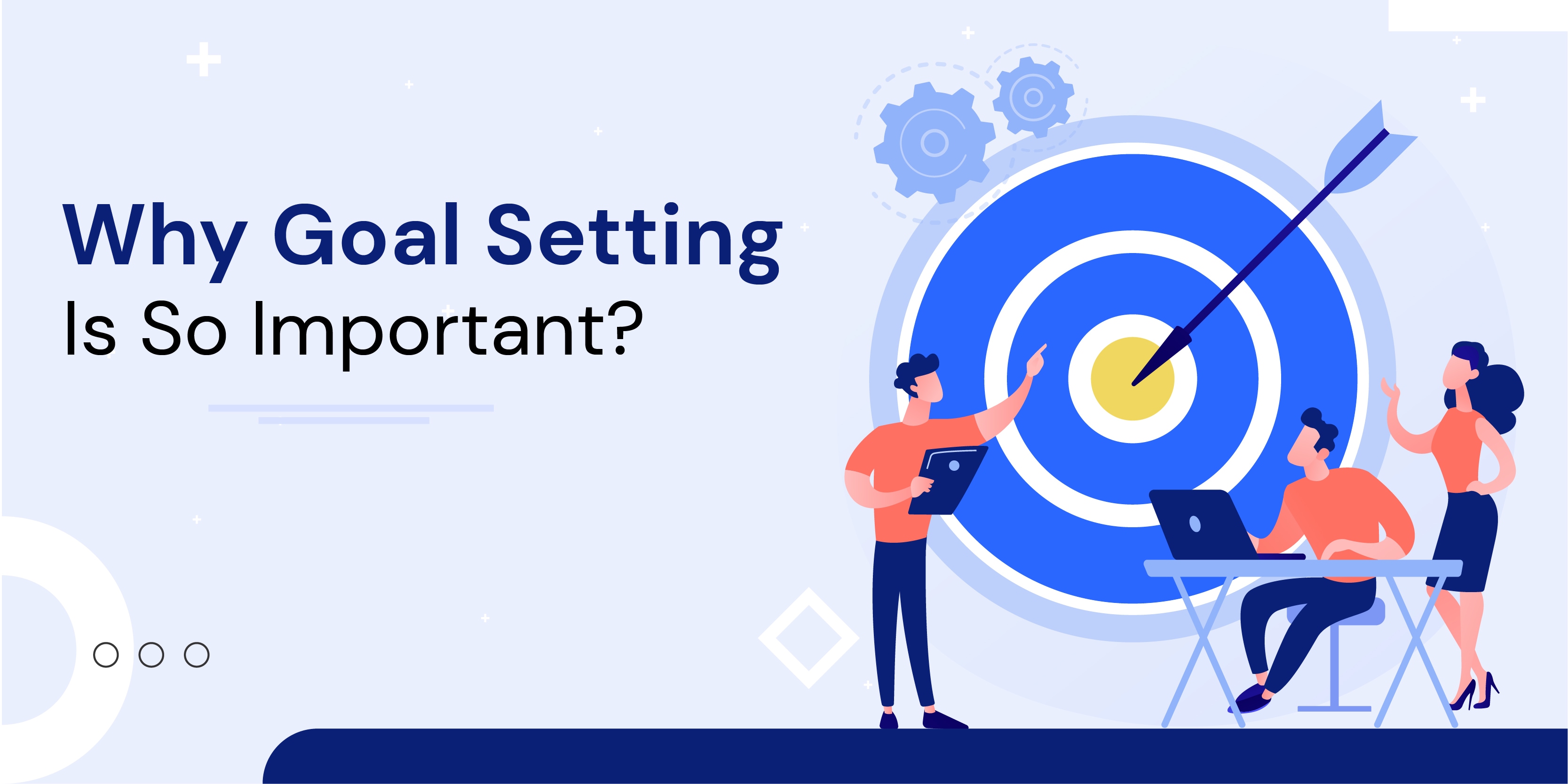Goal setting is an essential part of achieving success in any area of life. Whether you are setting career goals, personal goals, or health and wellness goals, having a clear plan of action is key to achieving success. In this article, we will explore 7 effective strategies for goal setting and achievement.
1. Start with a Clear Vision
The first step in setting effective goals is to start with a clear vision of what you want to achieve. This means taking the time to think about your long-term goals, as well as your short-term objectives. Once you have a clear idea of what you want to achieve, you can start to create a plan of action.
2. Set SMART Goals
Setting SMART goals is a popular framework used to help individuals set effective goals. SMART stands for Specific, Measurable, Achievable, Relevant, and Time-bound. This means that your goals should be specific, measurable, and achievable within a certain time frame, and relevant to your overall vision.
3. Break Goals Down into Smaller Steps
Breaking larger goals down into smaller, more manageable steps is an effective way to stay on track and achieve success. This allows you to focus on one small goal at a time, rather than feeling overwhelmed by a larger, more daunting goal.
4. Create a Plan of Action
Creating a plan of action is an important step in achieving any goal. This means outlining the specific steps you need to take in order to achieve your goal, as well as setting deadlines and milestones along the way.
5. Stay Accountable
Staying accountable is crucial when it comes to achieving your goals. This means checking in on your progress regularly, tracking your achievements, and holding yourself accountable for any setbacks or obstacles you may encounter.
6. Stay Positive
Staying positive is key to achieving success in any area of life. This means focusing on your strengths, celebrating your achievements, and staying motivated even when faced with challenges or setbacks.
7. Keep Learning
Finally, keeping an open mind and staying curious is an effective way to achieve your goals. This means seeking out new information, learning from others, and being open to feedback and constructive criticism.
In conclusion, goal setting is a powerful tool that can help you achieve success in any area of life. By starting with a clear vision, setting SMART goals, breaking larger goals down into smaller steps, creating a plan of action, staying accountable, staying positive, and keeping learning, you can set yourself up for success and achieve your goals.

Comments
Post a Comment